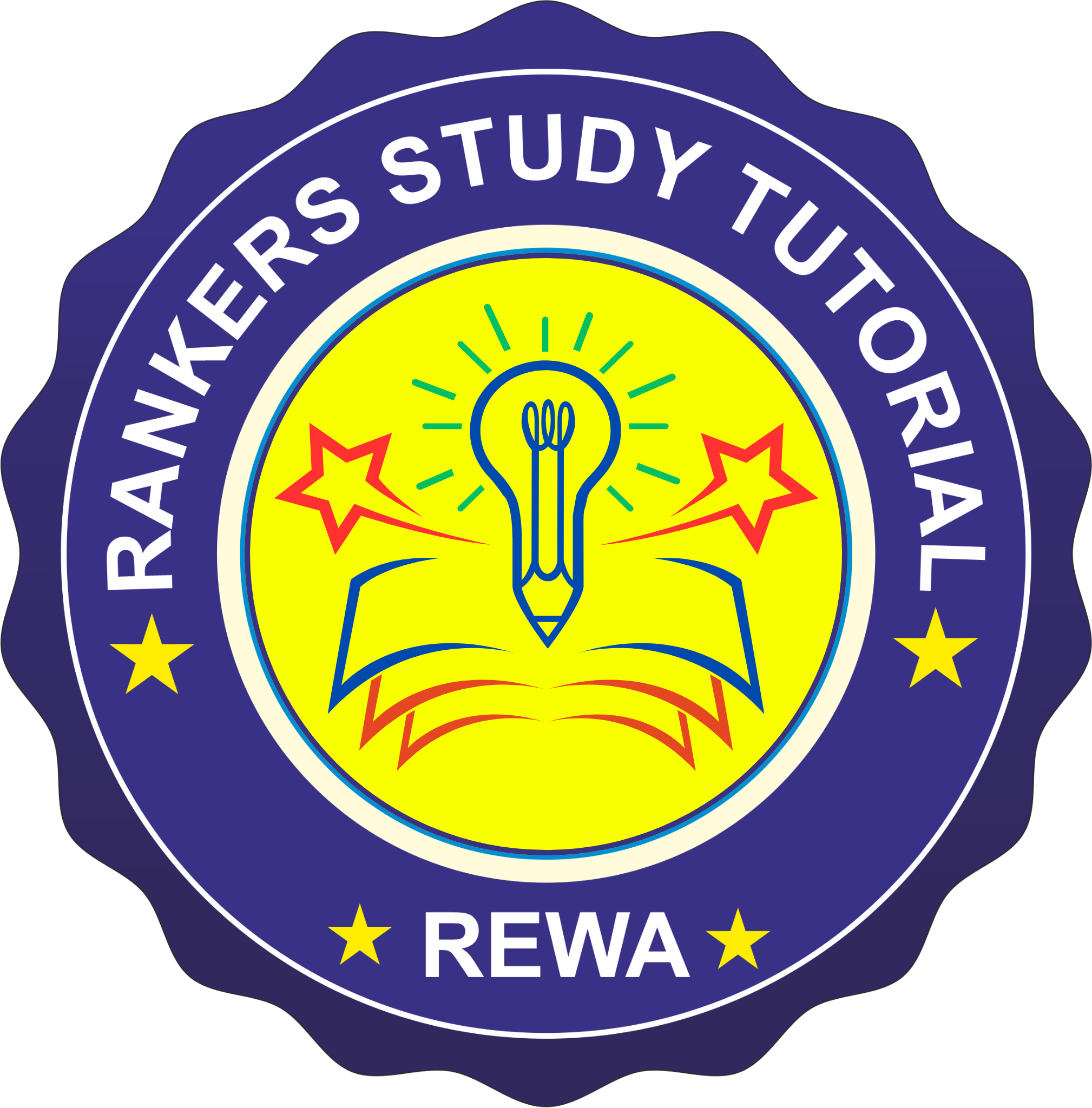Assertion Reason Chemistry Chapter 2 Electrochemistry
Questions of Assertion Reason of Chemistry Chapter 2 Electrochemistry CBSE Class 12 are very simple to understand as this chapter deals with Electrochemistry. To solve assertion reason type questions of Chemistry, a deeper understanding of concept about Electrochemical Cells, Galvanic Cells, Nernst Equation, Conductance of Electrolytic Solutions, Electrolytic Cells and Electrolysis, Batteries, Fuel Cells and Corrosion is required. In order to help the student in solving Assertion Reason type of questions, detailed process is explained.
How to solve Assertion Reason Type Questions?
In Assertion-Reason type of question, two statements are given, first is Assertion and second is called Reason. Student must have to think critically about both the statements in Assertion Reason Questions, since it combines multiple choice questions and true/false type of questions which requires a higher level of understanding.
How many types are there of Assertion Reason Type Questions?
Assertion-Reason type of questions can be asked either with four MCQ options or with five MCQ options. First four options are same in both the cases only one more options is being provided i.e. last one. One extra option increases the difficulty level of the questions.
In assertion reason type of questions, all 4 or 5 options are same for each question, which are as:
(a) Both assertion (A) and reason (R) are true and reason (R) is the correct explanation of assertion (A).
(b) Both assertion (A) and reason (R) are true but reason (R) is not the correct explanation of assertion (A).
(c) Assertion (A) is true but reason (R) is false.
(d) Assertion (A) is false but reason (R) is true.
(e) Both Assertion and Reason are false.
Then a question haunts in every student’s mind, which option is correct and when?
This can be understood clearly with the following table:
| Assertion (A) | Reason (R) | MCQ Options (Fixed for all questions) |
|---|---|---|
| If True | True | (a) Both assertion (A) and reason (R) are true and reason (R) is the correct explanation of assertion (A). |
| If True | True | (b) Both assertion (A) and reason (R) are true but reason (R) is not the correct explanation of assertion (A). |
| If True | False | (c) Assertion (A) is true but reason (R) is false. |
| If False | True | (d) Assertion (A) is false but reason (R) is true. |
| If False | False | (e) Both Assertion and Reason are false. |
Now, lets practice some Assertion Reason Questions of Chemistry: Chapter 2 Electrochemistry
Read instructions carefully before answering the questions.
For question given below, two statements are given- one labelled Assertion (A) and the other labelled Reason (R). Select the correct answer to these questions from the codes (a), (b), (c) and (d) as given below:
(a) Both A and R are true and R is correct explanation of the assertion.
(b) Both A and R are true but R is not the correct explanation of the assertion.
(c) A is true but R is false.
(d) A is false but R is true.
Question.1.
Assertion : The resistivity for a substance is its resistance when it is one meter long and its area of cross section is one square meter.
Reason : The SI units of resistivity is ohm metre (m).
Ans.1. (b)
Both Assertion and Reason are correct but Reason is not a correct explanation of the Assertion.
Question.2.
Assertion : On increasing dilution, the specific conductance keep on increasing.
Reason : On increasing dilution, degree of ionisation of weak electrolyte increases and molality of ions also increases.
Ans.2. (d) The specific conductivity decreases while equivalent and molar conductivities increase with dilution.
Question.3.
Assertion : Galvanised iron does not rust.
Reason : Zinc has a more negative electrode potential than iron.
Ans.3. (a) Zinc metal which has a more negative electrode potential than iron will provide electrons in preference of the iron, and therefore corrodes first. Only when all the zinc has been oxidised, the iron start to rust.



